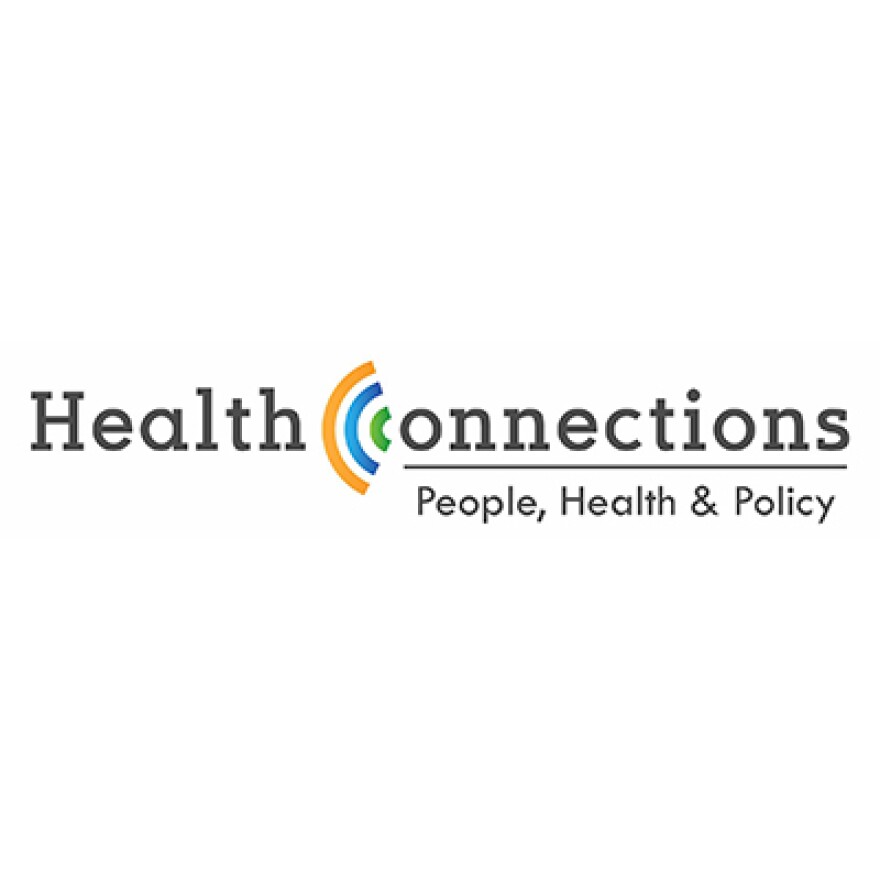This week on HealthConnections, Dr. Carole Myers, a professor emeritus in the University of Tennessee College of Nursing, talks with Dr. Megan Edwards, the public health officer of the Knox County Health Department, about measles.
WUOT’s Carole Myers: Welcome to Health Connections, the show about people, health and policy. I'm Dr. Carol Myers. In 2000 measles were declared eradicated in the United States. However, we have seen more measles cases in the U.S. from January through March 2025 than all of 2024. Dr Megan Edwards, the public health officer of the Knox County Health Department, is here to help us understand what is happening and what can be done to prevent the spread of measles. Dr. Edwards, welcome back to health connections.
Megan Edwards: Thanks for the invitation. I'm excited to chat about this.
When we refer to measles in the United States, what are we dealing with?
Right now we are dealing with exactly what you said that is increasing across the country, and I wouldn't be surprised if we soon have a case here in Knox County.
Tell us a little bit more about what measles is associated with.
Sure. Here's my measles 101. This is a viral illness that starts as a runny nose and then progresses into malaise and a rash, one can be contagious from about four days before the rash starts to about four days afterwards, but the incubation time is very long, up to 21 days. When someone's been exposed and is susceptible, we may ask them to stay home for up to 21 days.
What is the course of the illness?
Some of the complications that you can see from measles include pneumonia, which happens in a lot of cases. These are the kids who end up in the hospital. Other more rare complications, including blindness, deafness and even a progressive neurologic condition. One of the things that we have learned about measles is that it causes immune amnesia, and so you can be more susceptible to infections for a period of time afterwards.
We're in this situation now where we are seeing cases in Tennessee. What does all this mean to us?
I think this means we need to go back to our basics, and the basics of the best treatment is prevention, and right now, our best prevention is an MMR vaccine. These vaccines are routinely given to children ages 12 to 15 months and then again at four to five years, but that vaccine schedule can be altered depending on if the child's going to travel or the outbreak situation at hand. Thinking about the MMR vaccine, this is one of the most successful vaccines we've ever had. It gives you 97% of efficacy with just two doses, and that efficacy lasts for a lifetime.
Is it a safe vaccine? Was it well tested on humans?
It is very safe. We have multitudes of people to prove that it is safe.
Let's get down to specific, actionable recommendations for our listeners. What should people know and what should people do?
I want to remind you that the vast majority of folks in our area are immunized against measles, mumps and rubella, that we have a great vaccination rate for most of our schools, and that we're in the 90 to 95% herd immunity space. There are some pockets that are at a much lower rate, and we're learning how to communicate to that space. We know that this is a risk benefit analysis that people are making for their families, that they are trying to make the best decision possible, but now that we've got a little bit of change in that risk. So a year ago, two years ago, we didn't have measles spreading throughout the community, and so this is a time that it is okay to re-examine those decisions and say, all right, is my risk a little bit different now?
What if I am concerned that either I have contracted measles or someone in my family, a child? What should I do?
First, I want you to know your vaccination status and the vaccination status of that child. We have resources where you can call the health department and check on that for yourself. Those who are vaccinated don't need to worry, they don't need to isolate, and they can rest assured that they are likely well protected. It's for those who are still susceptible that we talk about isolation guidelines and earlier vaccination.
What are specific, actionable recommendations that people should follow?
The first thing that I would encourage everyone to do is consider your travel plans. And then, for adults who may have received their first vaccine before 1968 it's a good idea to find out whether or not you've received a live vaccine or the dead vaccine. If you received the dead vaccine, then you may need an additional dose. Finally, for families with young children, those who are too young to be vaccinated at the 12 to 18 months range, we are offering now, when available, vaccines down to six months of age, knowing that those kids will need an additional two doses.
This transcript has been lightly edited for content.




